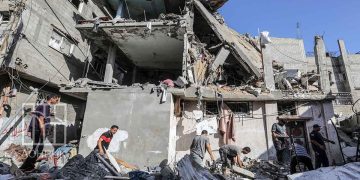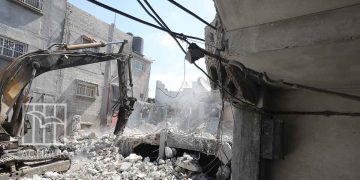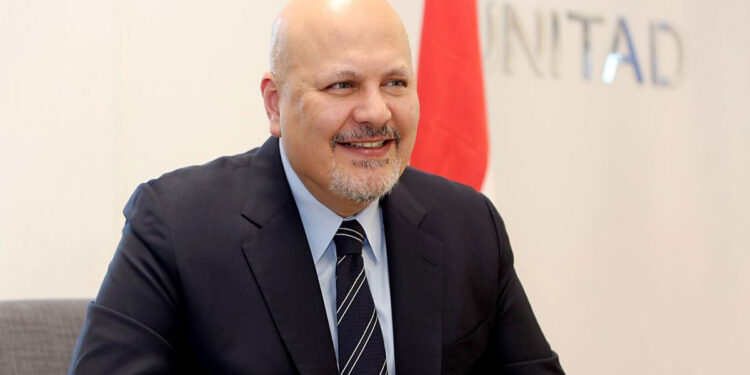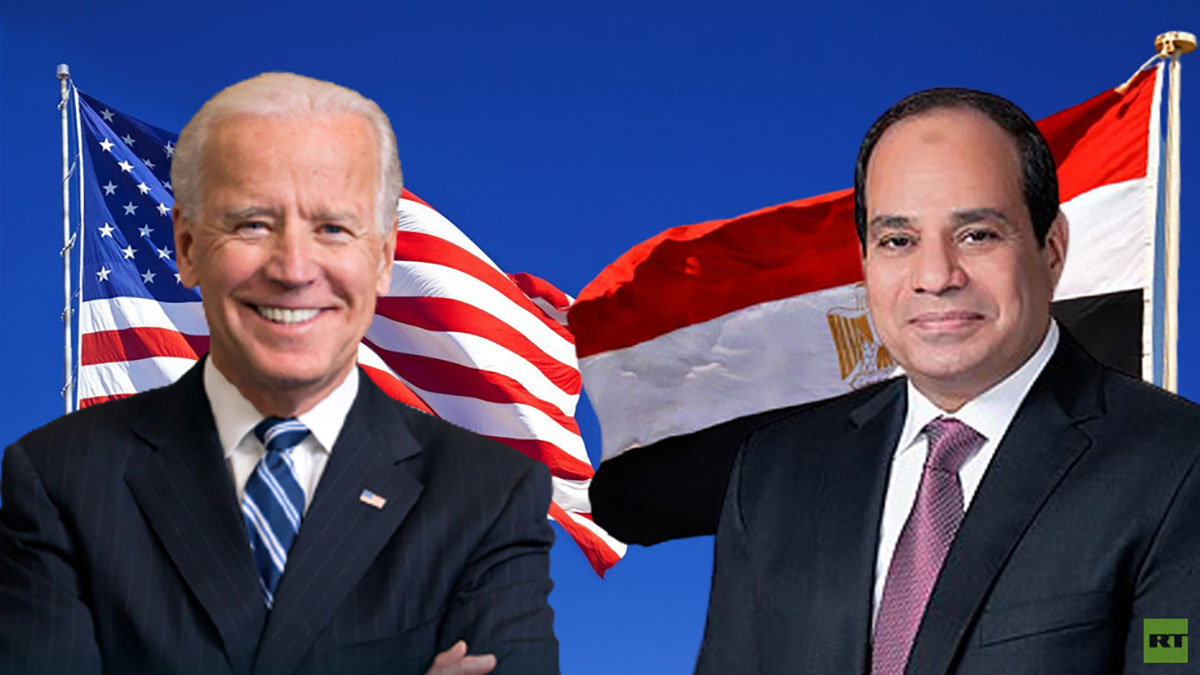Mohamed Jamil
London 16.02.2021
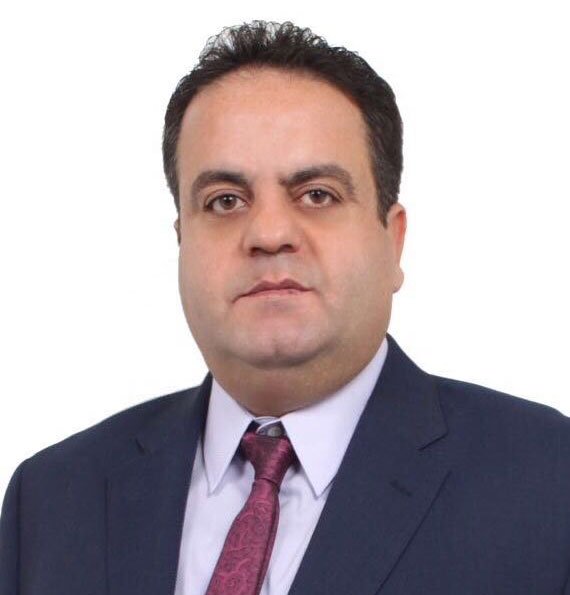
Since the establishment of the International Criminal Court (ICC) and the activation of the Rome Statute in July 2002, Israel and its ally, the US, have led attacks on the ICC, as they know the serious danger it could pose to their systems. They therefore refused to ratify the Rome Statute,hoping not to fall under its jurisdiction.
Their war against the ICC has increased significantly since the Chief Prosecution office announced its willingness to open investigations into crimes committed by US forces in Afghanistan and the occupation forces in Palestine.
The US, under President Donald Trump, imposed sanctions on ICC staff, while Israel launched a campaign to distort the reality of the work of the court. In response, more than 70 member states of the Rome Statute issued a statement affirming their support for the court and rejecting the actions of the US and Israel.
Israel and the US also imposed sanctions on the Palestinian Authority for joining the court and then referring to it all crimes committed in Palestine by the occupation since June 13, 2014.
Despite the prosecutor’s office having worked for five years to affirm that all the criteria stipulated in the Rome Convention were applicable to the crimes committed in Palestine, the Prosecutor asked the Pre-Trial Chamber to determine the regional scope of the court’s jurisdiction before opening a formal investigation.
In response to this decision, and through allies, including Australia, Austria, Germany and Uganda, Israel submitted appeals to the decision of the Pre-Trial Chamber, claiming that the ICC does not have a jurisdiction over crimes committed in Palestine because, they claim, Palestine is not a state.
After a year of negotiations, the court issued a decision confirming the jurisdiction of the court over crimes committed in Palestine within the borders of June 4, 1967, including Jerusalem.
Israeli prime minister Benjamin Netanyahu rejected the ruling, accusing the court of being a political institution. Accordingly, a diplomatic campaign was launched by states including the US, which issued statements condemning the ICC decision.
The court studied the matter for six years before deciding to open an investigation into these crimes against Palestine – a very long time when compared to investigations into crimes committed in Africa.
In order to be effective, investigations must be opened as soon as possible, so that they can collect evidence, source witnesses, expedite justice for victims and achieve public deterrence.
It is expected that the investigation will begin in a few months, given that the mandate of the current chiefprosecutor is nearing an end and a new prosecutor was elected on February 12, 2021, whose mandate will start in June 2021.
However, giving the task of starting the investigations to the new chiefprosecutor has no legal or logical basis, since the current chiefprosecutor is still in power and there is a prosecution body ready to announce the start of an official investigation into the crimes committed.
It should be noted that opening an investigation always follows the conclusion of an initial investigation as well as the decision of the Pre-Trial Chamber to confirm the exclusionary mandate. These are the legal criteria, which stand in contrast to what Israel is attempting to do in linking the start of the investigation to a specific chiefprosecutor.
On February 12, 2021, Karim Khan was named the new chief prosecutor, a result celebrated by the right-wing Times of Israel newspaper, which referred to him as “the favourite candidate for Israel who replaced the controversial Ben Souda”, adding that he would decide whether or not to proceeded with the investigation.
Such news indicates a new strategy for Israel with the ICC, moving away from demonization and attacks. This can only mean two things: Either Khan would suspend the investigation under any pretext, which would subject him to severe criticism, or he would allow the Israeli judiciary to investigate the claims, which would be attacked by those hoping to defend justice, as the Israeli judiciary has proven itself incapable of seriously investigating crimes committed by the state, in addition to its role in legitimizing illegal settlements. Israel is using political, legislative and judicial apparatuses to consolidate and strengthen settlements.
Khan’s mission would not be complicated if he adhered to the provisions of the Rome Convention and the decision of the Pre-Trial Chamber, and if he does not fall under the pressures of Israel and its allies.
Khan is not supposed to be the favoured candidate of any party; he should be an honest, neutral judge who rules according to his conscience and belief in serving justice.
Any group promoting the idea that the new chief prosecutor is on its side would apparently be unaware of the mechanisms of an international judicial institution at this level of importance.
Politicians who try to play games of intimidation and enticement do not know the rules that govern the work of the court, which nobody dares to violate in fear of being subjected to severe attacks by supporters of the court’s efforts to end impunity.
Khan is known to believe in the work of the court and to be a strong defender of its independence. He has a solid reputation in international circles as he is a strong supporter of achieving the rule of law at an international level.
He has held many positions and supervised investigations that earned him the reputation of an honest judge, which resulted in his election as a chiefprosecutor.
We hereby are not praising or denouncing the new prosecutor general. We are simply describing the reality, and we are sending a message to Israel and its allies: “Stop attacking the court; if you do not fear justice then there is no need for attacks and hypocrisy. It is time to achieve justice in Palestine.”



